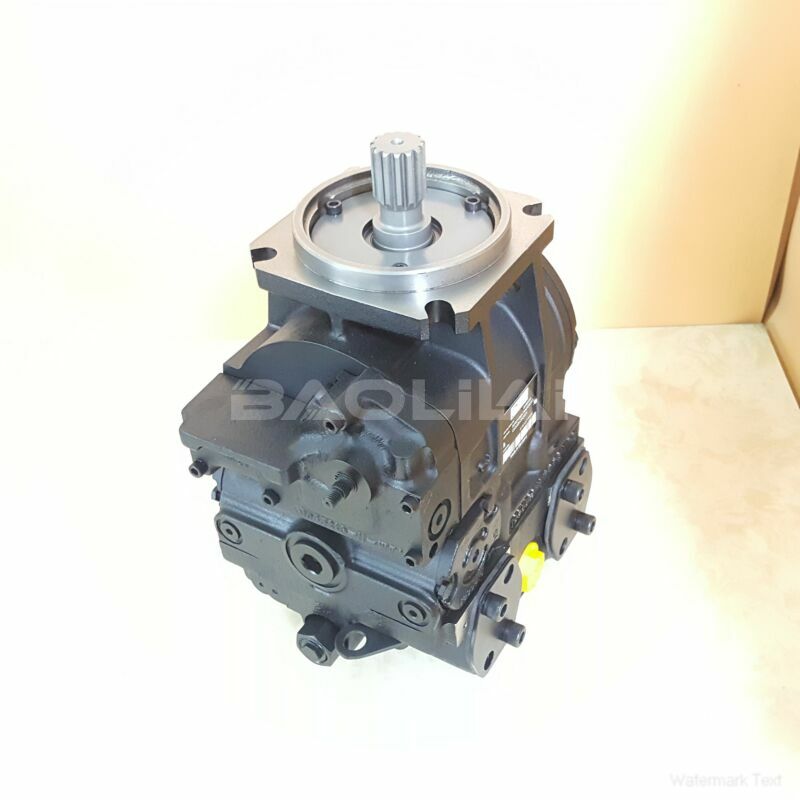90L075HF5BC80R4S1D03GBA353524 piston pump
90L075HF5BC80R4S1D03GBA353524 piston pump

- Product Details
- Applicable Scene
The integration of artificial intelligence (AI) into various industrial applications is reshaping how we approach design and maintenance, particularly in the field of plunger pumps. These pumps, commonly used for high-pressure applications in industries such as oil and gas, chemicals, and water treatment, are seeing significant advancements thanks to AI technologies. This article explores how AI is transforming plunger pump design and maintenance, enhancing efficiency, reliability, and performance.
90-L-075-HF-5-BC-80-R-4-S1-D-03-GBA-35-35-24
90L075HF5BC80R4S1D03GBA353524
One of the primary ways AI impacts plunger pump design is through the optimization of pump performance parameters. Traditionally, engineers would rely on experience and empirical data to design pumps that met specific operational needs. However, AI algorithms can analyze vast amounts of data from previous designs, experiment results, and real-world usage scenarios to identify optimal design configurations. Machine learning models can predict how different materials, geometries, and operating conditions will affect pump performance, enabling designers to create pumps that operate more efficiently and have longer lifespans.

83051197
Moreover, AI can facilitate the rapid prototyping of plunger pumps. With the help of advanced simulation tools, engineers can create digital twins of pumps, experimenting with various designs and operating conditions in a virtual environment. This speeds up the design process and reduces the costs associated with physical prototyping. By employing AI-driven simulations, manufacturers can quickly iterate through different designs, ultimately leading to innovative products that better meet market needs.
When it comes to maintenance, AI is revolutionizing how plunger pumps are monitored and serviced. Predictive maintenance is a prime example of this shift. By utilizing sensors that collect real-time data on pump performance, AI algorithms can analyze this information to predict potential failures before they occur. This proactive approach allows for timely maintenance interventions, minimizing downtime and reducing repair costs. For instance, AI can monitor parameters such as vibration, temperature, and pressure, identifying anomalies that could indicate wear and tear or impending failure.





